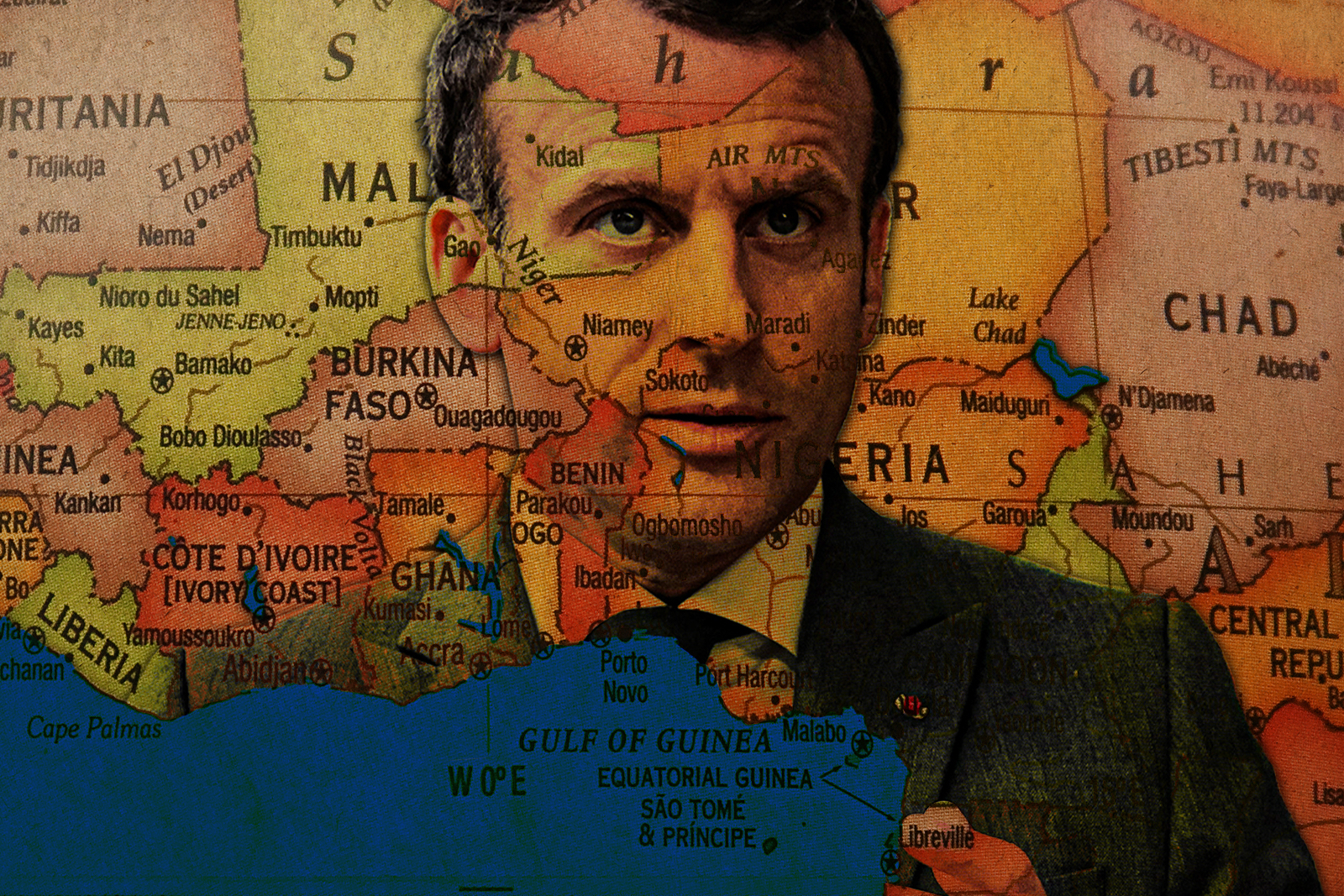
Understanding France’s Diminishing Influence in Africa
France has historically been a key player in the geopolitics of West Africa. However, in recent years, there has been growing resistance to French efforts to maintain its influence in the region. This shift can be observed in the expulsion of France from Mali and Burkina Faso, as well as the open hostility displayed by these countries towards France.
France’s diminishing role in these countries has been compounded by their turn towards Russia. This shift aligns with the broader conflict between France, Europe, and Russia over the latter’s invasion of Ukraine. In response, French President Emanual Macron has introduced a new African policy in an attempt to repair France’s image and continue exerting influence on a rapidly changing continent. Additionally, changes in geopolitics resulting from the war in Ukraine have played a significant role. European countries, previously reliant on Russian energy exports, are now seeking alternative energy sources, and West Africa could potentially support Europe’s efforts to diversify its energy supplies.
In contrast to France and other Western nations, Russia does not have a history of colonialism or exploitation in Africa. Russia’s appeal in Africa lies in its permanent membership in the UN Security Council, as well as its technical and military capabilities.
In recent years, Russia has emerged as a crucial strategic partner for Africa, with Mali and the Central African Republic having the most significant Russian presence. Russian involvement in Mali, particularly through the Wagner Group, has been a source of contention between Paris and Moscow. Russia’s influence has expanded to countries like Mozambique, Libya, Madagascar, and Sudan. Moreover, Russia has effectively engaged with African nations during the Ukraine conflict, evident in their voting patterns at the UN.
During the Cold War, Moscow’s support for African liberation movements allowed Russia to foster close relationships with numerous African countries, leveraging this history to advance its narrative of the war in Ukraine. Anti-Western sentiment in many nations and a natural inclination to sympathize with Russia further contribute to its influence. Russia also assists some African countries in areas such as food security, military support, and scientific collaboration. Additionally, Russia has employed successful cyber-disinformation tactics against France in West Africa, a trend likely to escalate as French influence diminishes and Russia’s presence grows.
China’s growing involvement
As Moscow’s influence has grown in West Africa, so has Beijing’s. Over the past two decades, China has played a significant role in the oil sectors of Nigeria, Angola, Benin, the Republic of Congo, South Sudan, and Guinea-Bissau. China has also sought to establish a naval base in Equatorial Guinea. China has made numerous military exchange commitments with several of Equatorial Guinea’s neighbors with the goal to increase its naval presence in the region.
The primary cause of West Africa’s shift away from France and the West is France’s checkered history on the continent. Many people feel that France’s rule over West Africa has not brought significant practical benefits. West African nations are now eager to engage with new allies like China and Russia, who offer substantial economic and military support without being lectured on democracy, human rights, or the rule of law. The strategic conflicts between the West and Russia, intensified by the ongoing war in Ukraine, have made Africa a crucial arena for influencing global conflicts. Consequently, West Africa now has greater autonomy in shaping its own history.
The power dynamics in West Africa and the region are undergoing significant shifts. The most substantial threat to European influence comes from Russia, while China also aims to increase its military and economic impact in the region, potentially establishing a naval station in the region. France is reevaluating its relations with Africa and has developed a new strategy for the continent. While France is currently facing challenges in maintaining its influence in West Africa, it would be premature to suggest that France should pack its bags and go home.

